The latest research shows youth sports participation has increased dramatically across the country in recent years. In some cases, a young athlete is focusing on single sport at a young age. As a result, we are seeing an increase of sports injury in this population. The following Q&A looks at the risks associated with sports specialization and how to help a young athlete find the proper balance.
What is sports specialization?
Sports specialization is when an athlete chooses year-round training in a single sport (greater than eight months per year) and participates in only that one sport. This usually involves intense training at the expense of other sports. Sport specialization prior to late adolescence may be detrimental.
Why is there an increase in specialization?
Our society holds successful athletes in high regard. Successful and popular professional athletes are paid a lot of money and get a lot attention and status. Children, families and coaches are well meaning and believe that focusing effort early in one area and on one sport is necessary to achieve elite status in the child’s sport.
The facts are that only a small percentage of young athletes play their sport in college and less than 0.5 percent of young athletes play professional sports. Of the athletes that make it to elite status, most of them specialized later in adolescence.
What role does puberty play?
Children are most at risk for injury around growth spurts. During puberty, the child has a large velocity growth spurt and within a few years the growth plates close. The growth plates are vulnerable to injury from overuse or from trauma during sports.
Research has shown that for most sports, intense training in a single sport should be delayed until late adolescence and sport diversification, or playing many different sports, is preferred.
What are the risks?
Children who specialize in one sport, participating in frequent, intense training are at risk for overuse injuries. An overuse injury occurs with micro-trauma to a tendon, bone or muscle after long term repetition of a specific sport activity such as pitching a baseball, tennis serving, or swimming shoulder motion.
Psychological stress and quitting a sport early due to fatigue or injury are other problems associated with early sport specialization. Well-meaning coaches and parents may put young athletes at risk for injury by encouraging increased intensity in organized practices and competition. Children need a mental and physical break from one sport.
In some cases, children who specialize have highly structured and regulated schedules, diets, and routines which can create a sense of powerlessness and overdependence on others. Social isolation can result from time spent perfecting their sport with no time for peer interaction.
What is recommended?
According to the American Academy of Pediatrics guidelines, it is recommend children take a 2-3 month break from a specific sport per year. During the sports season, a child should have 1-2 days off from scheduled activity per week. In our world of weekend tournaments, two-a-days, and year-round sport, it is easy to forget that kids need free play. While being part of a team has its benefits, it’s also important for them to sometimes grab a ball and go outside and play. Children need time to be creative on their own without an adult hovering over them. It has been shown that soccer players who spent more time in free, unstructured play were more likely to play professional soccer than those who did not.
How do you create a balance?
If the family is interested in organized sports, children should play one sport per season and choose sports that complement each other to develop a range of skills. For example, volleyball uses a lot of upper extremity. So a volleyball player may choose to do track because that involves lower extremity and that may help reduce overuse injuries.
What advice do you have for parents?
Strive to create an environment where kids can just go out and play. Encourage coaches and other families to keep sport in perspective because your children learn from you and the adults around them.
If you have further questions related to your young athlete, call 513-636-2371 to speak with someone from our orthopaedic and sports medicine team.

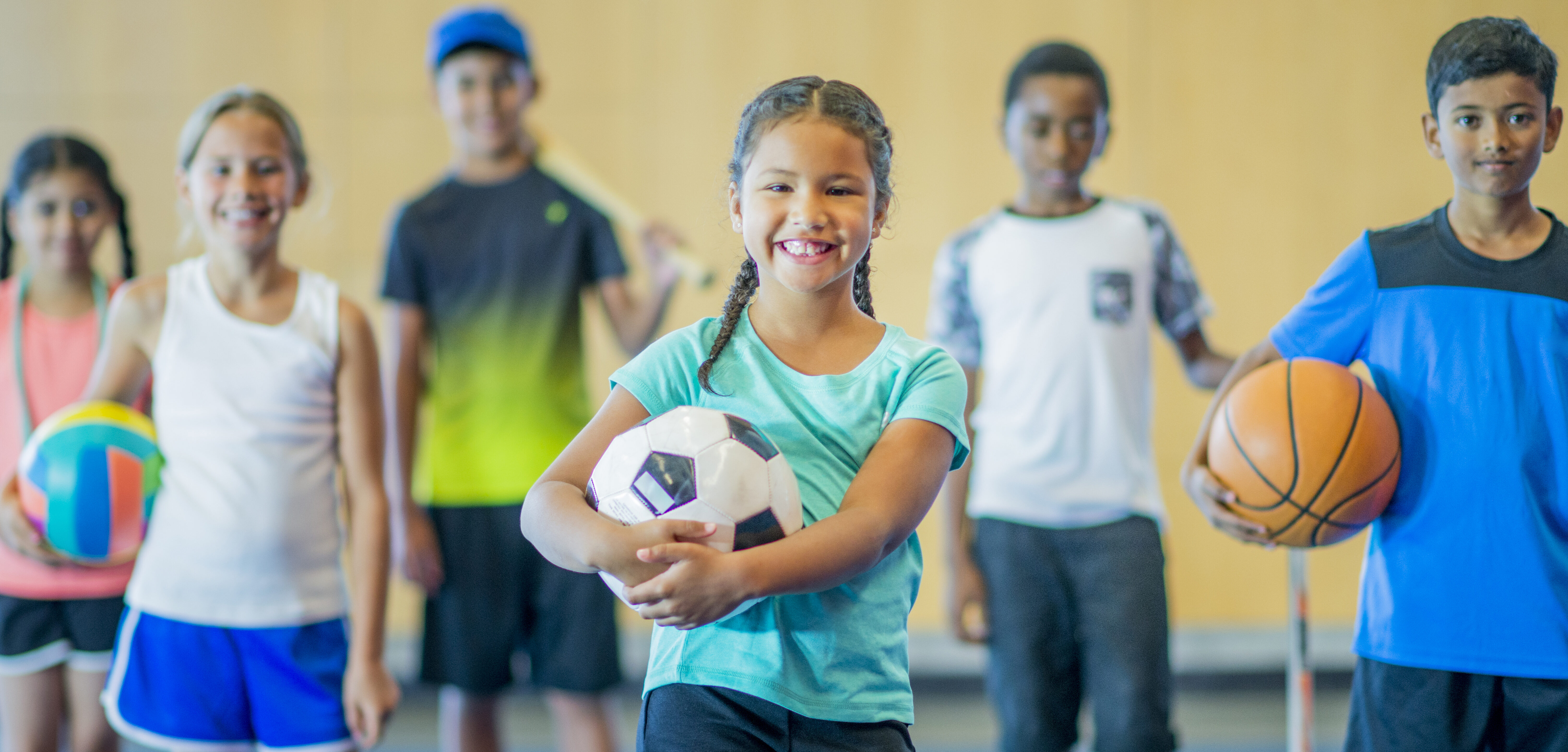
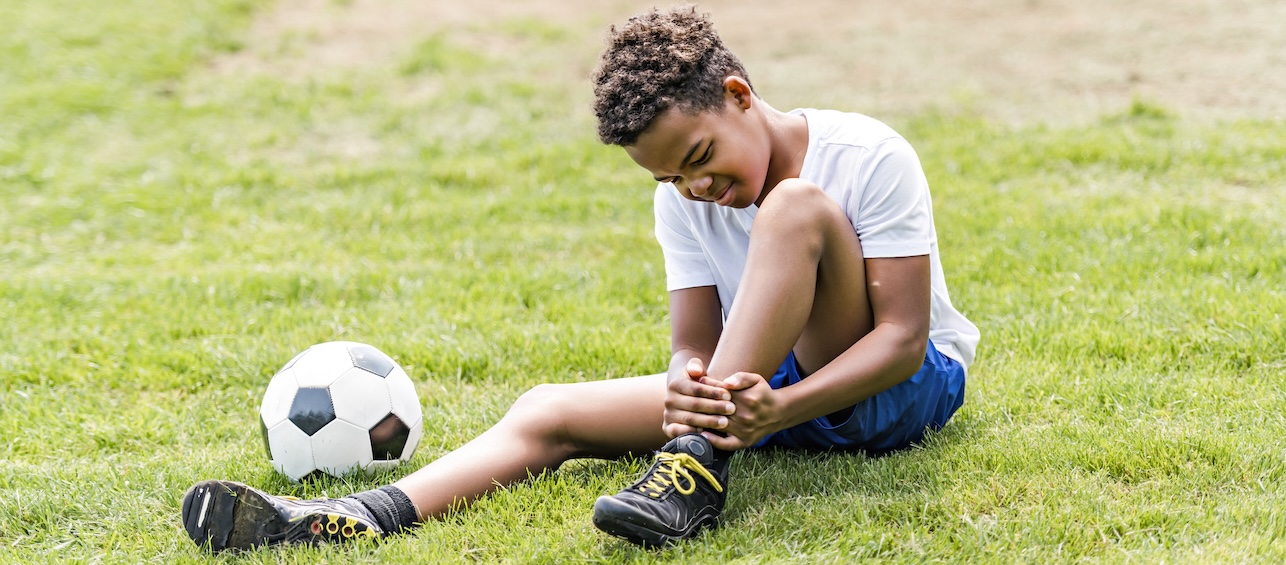
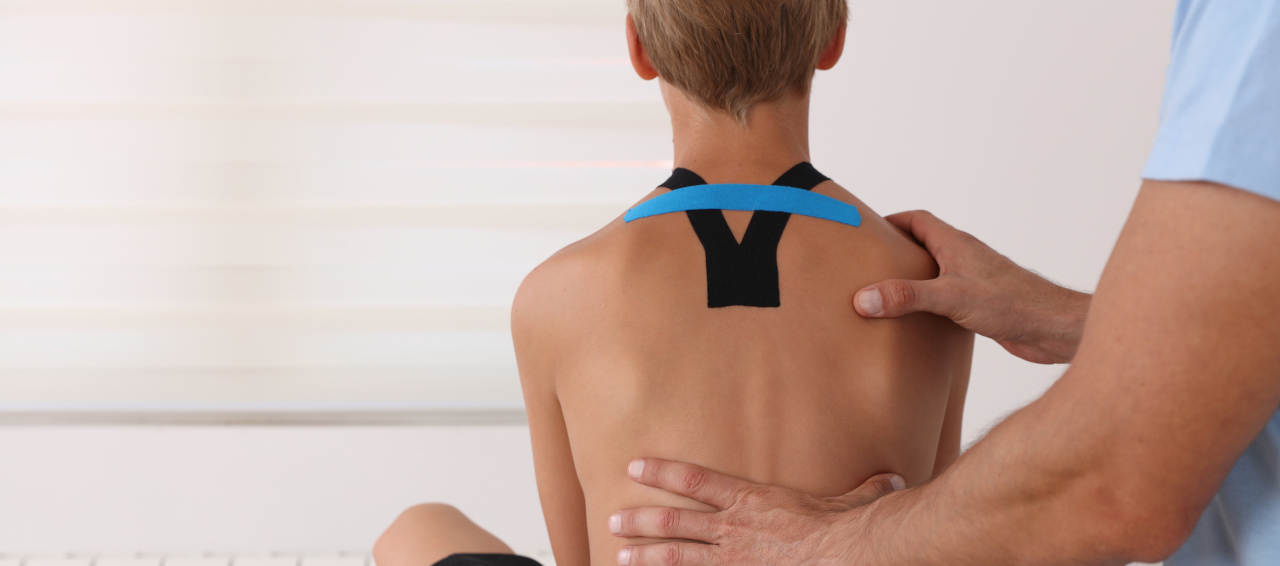
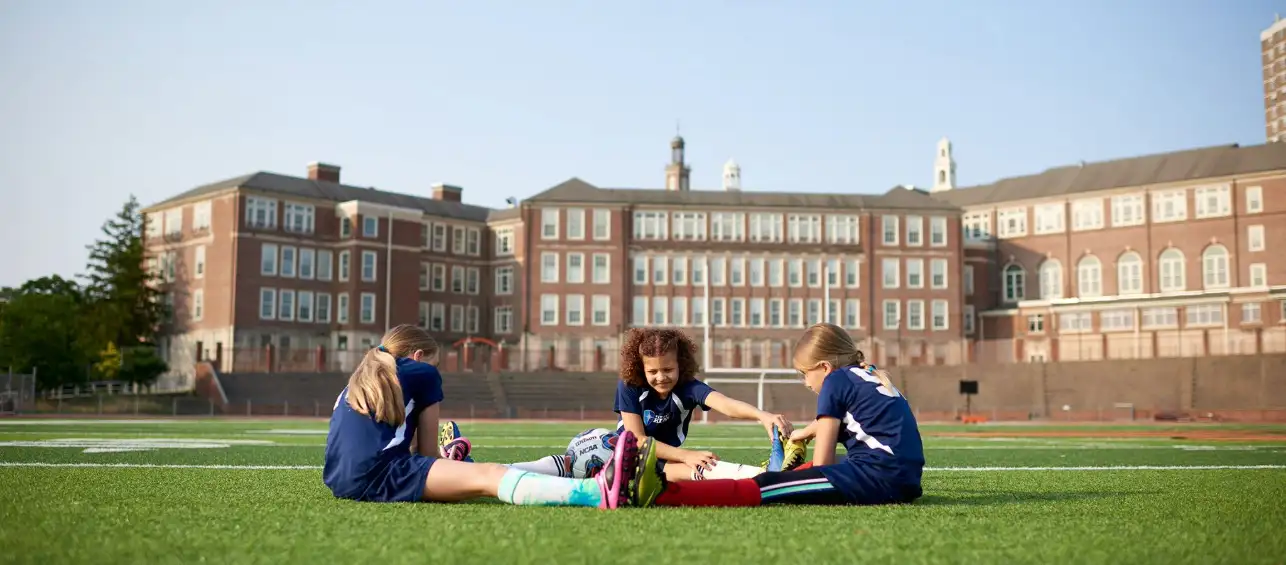
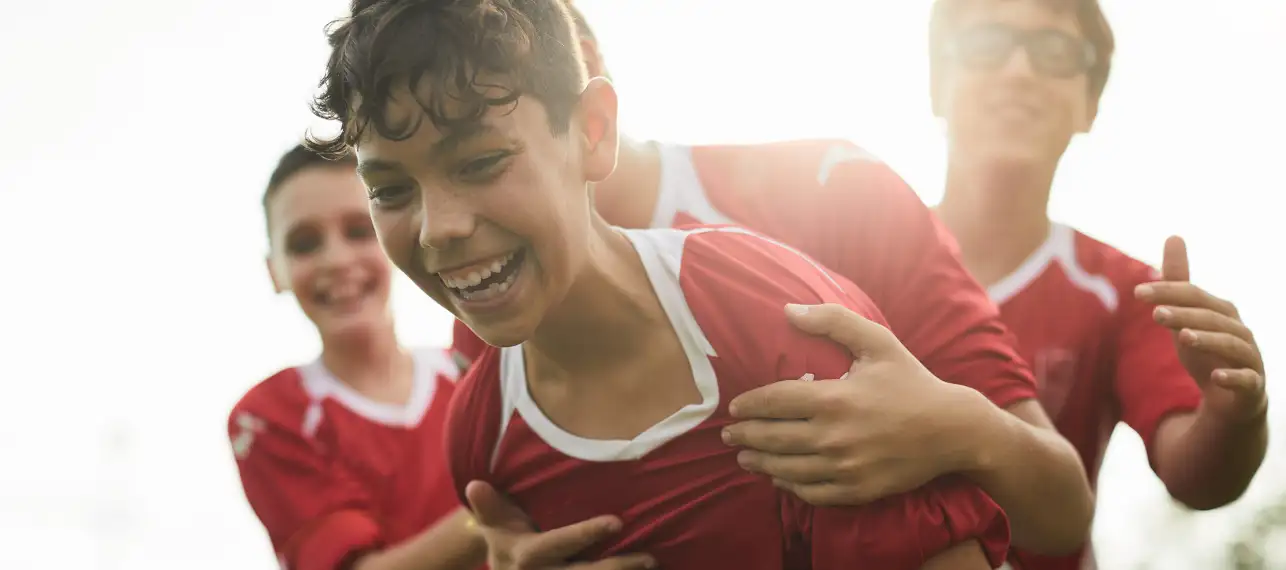

it was very interesting article